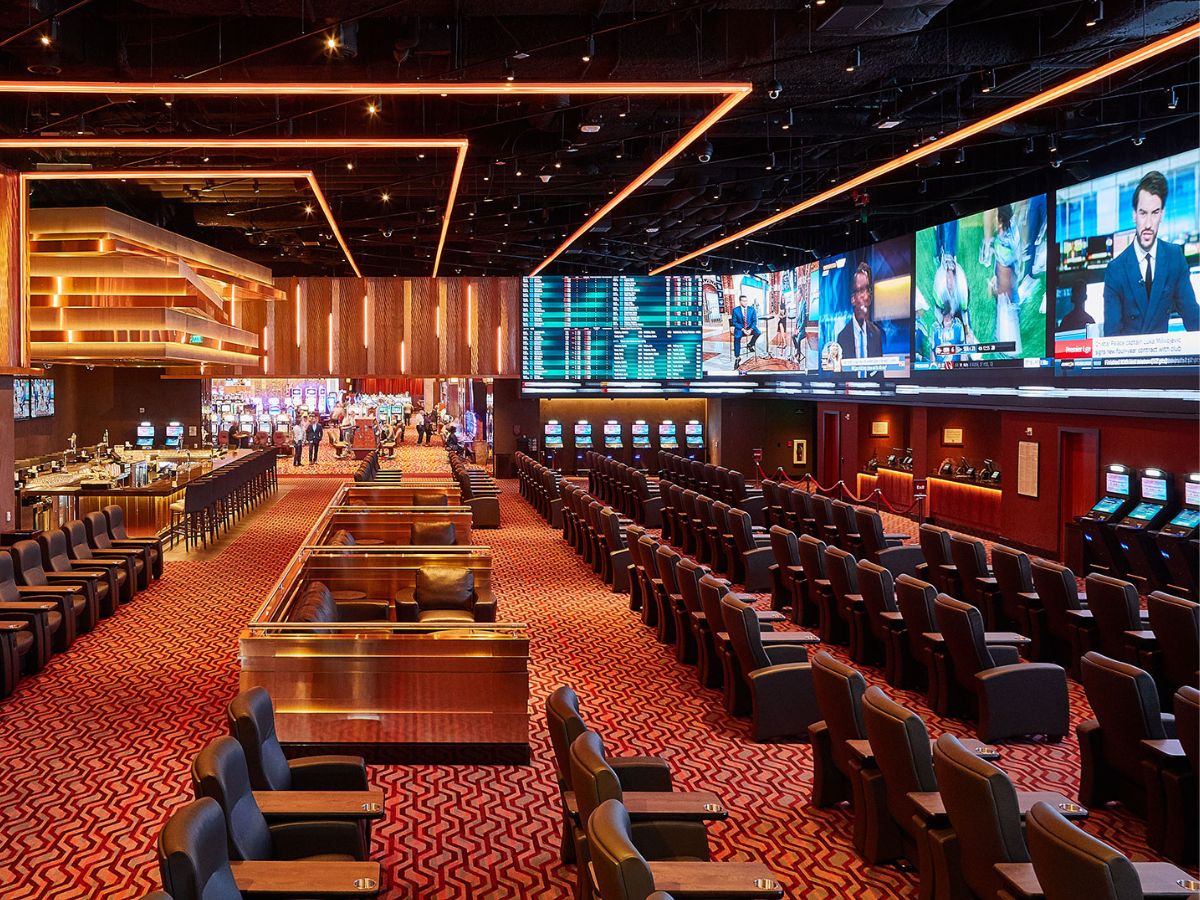
In the world of gambling, where chance and strategy converge, a unique tapestry of beliefs emerges—one that intertwines luck, fate, and the enigmatic nature of casino games. Casinos, bustling with excitement and anticipation, are not just spaces for placing bets; they are also arenas where superstitions thrive. Ranging from the novice player to the seasoned gambler, these mysterious practices often shape how individuals approach the games they play, believing that their actions can impact the outcome in ways that go beyond mere probability.
When players gather around roulette wheels, blackjack tables, and slot machines, the atmosphere is thick with stories of lucky charms, rituals, and codified behavior that defy logic yet provide a sense of comfort. It could be the case that it’s wearing a specific outfit, following a particular sequence of bets, or even avoiding certain numbers, the attachment to various superstitions reflects a deep-rooted desire to manipulate the uncontrollable. This article delves into the captivating world of casino game superstitions, examining the beliefs that both entertain and mystify those who dare to play.
Cultural Origins of Superstitions
Betting games have long been entwined with an variety of superstitions that can be traced to early cultures. The roots of these notions can be associated to humanity’s innate wish to control the uncertain outcomes related with fortune and chance. In early civilizations, activities of uncertainty were often linked to religious practices. Gamblers would invoke favor or seek favor from gods, believing that their actions could influence the results in their favor. This groundwork laid the groundwork for the myriad of superstitions that proliferated as casino games evolved over centuries.
During the medieval age, gambling became a popular pastime across European nations, and with it, a rich tapestry of superstitions developed. Players adopted numerous rituals and charms, believing they could change the results of games. The value of numbers, in particular, started to manifest in superstitions pertaining to card games and dice. The number seven was often considered auspicious, while various numbers carried unfortunate connotations. These notions mirrored the cultural contexts of the time, evolving as they moved through generations and changed to emerging gaming environments.
As gambling houses appeared in the 1600s, particularly in Italy and France, the atmosphere surrounding betting became steeped in enigma. The growing availability of gambling games allowed for the expansion and growth of superstitions among players. Concepts like charmed charms, designated seating arrangements, and rituals gained prominence, creating a special culture within casinos. Zbet As these traditions continued to thrive, they became essential to the character of gambling games, illustrating how the past and society shape the convictions that influence how players engage with chance.
Common Casino Myths
Beliefs surrounding gambling games are abundant and diverse, mirroring the hopes and fears of gamblers as they engage in random games. One of the most common beliefs is that specific digits bring luck or misfortune. For example, the digit 7 is often seen as a lucky digit, frequently sought after by players looking for a positive outcome. Conversely, the digit thirteen is routinely considered unlucky, leading many players to steer clear of it during their gambling sessions.
Another frequent superstition relates to rituals that gamblers believe can affect their chances. Whether blowing on dice before a throw, using a specific gesture to place a bet, or even wearing particular items of attire, many people feel that these actions can tilt fate in their benefit. These practices offer a sense of control in an otherwise random environment, reinforcing the idea that fortune can be manufactured through personal beliefs and customs.
Finally, the ambiance and vibe of the casino itself adds to superstition. Many players suggest that the presence of certain symbols, such as four-leaved clovers or lucky tokens, can enhance their chances of winning. Additionally, players might adhere to the notion that victory streaks can be interrupted by mundane occurrences, such as a person passing by or a spill at the table. The collective atmosphere in a gambling house can amplify these beliefs, creating a communal culture of superstitions that transcends single experiences.
Impact of Superstitions on Players
Superstitions play a crucial role in the psychology of casino players, often affecting their actions and decision-making. Many gamblers think that fortune can be manipulated through different rituals, such as wearing a lucky charm, choosing particular hues, or avoiding certain numbers. This dependence on superstitions can create a feeling of control in an environment that is inherently unpredictable. Players frequently feel more confident and involved when they believe that their actions could sway the result of a game in their favor.
The impact of these superstitions extends beyond singular players, affecting the general atmosphere within the casino. For example, a player who holds the belief in the luck of a certain slot machine might draw a gathering, as others are intrigued by their apparent luck. This collective belief can heighten excitement and create a lively environment, leading to an captivating experience even for those who may not necessarily be believers themselves. The excitement around certain games can lead to higher participation and extended playing sessions, supporting the casino’s vibrant social scene.
In some cases, superstitions can lead to harmful effects for players. Relying too much on rituals can result in bad gambling decisions, as some may overlook basic strategies in favor of baseless beliefs. Additionally, the stress to perform rituals may increase anxiety and tension, detracting from the enjoyment of the experience. Ultimately, while superstitions can enhance the thrill of playing casino games, they can also lead to unwise choices that overshadow the enjoyment and amusement intended in the casino experience.